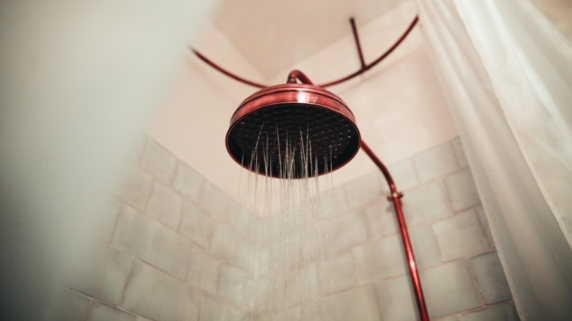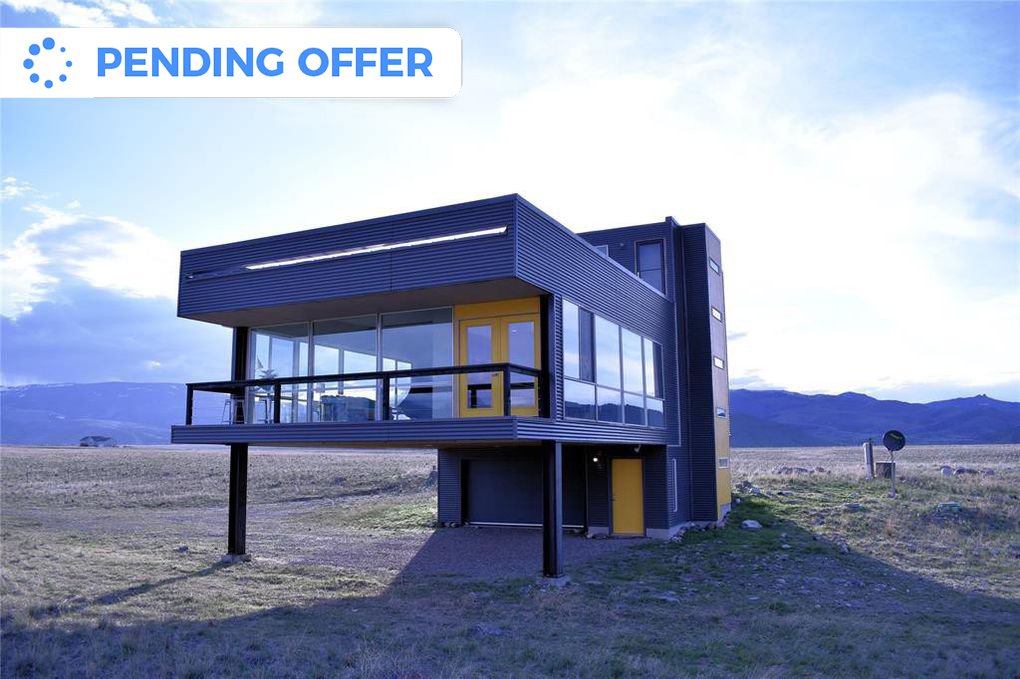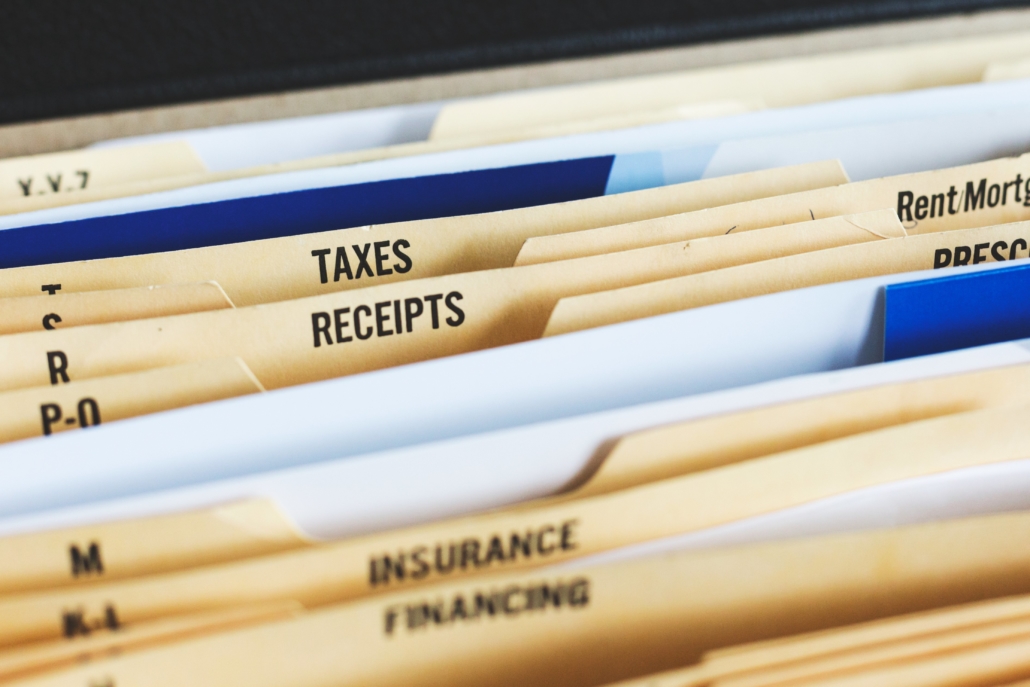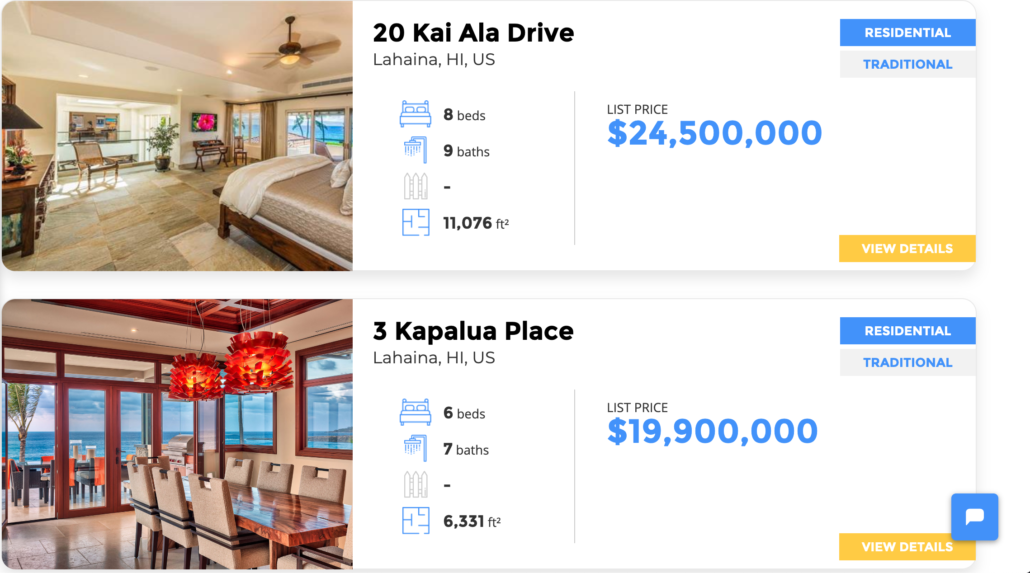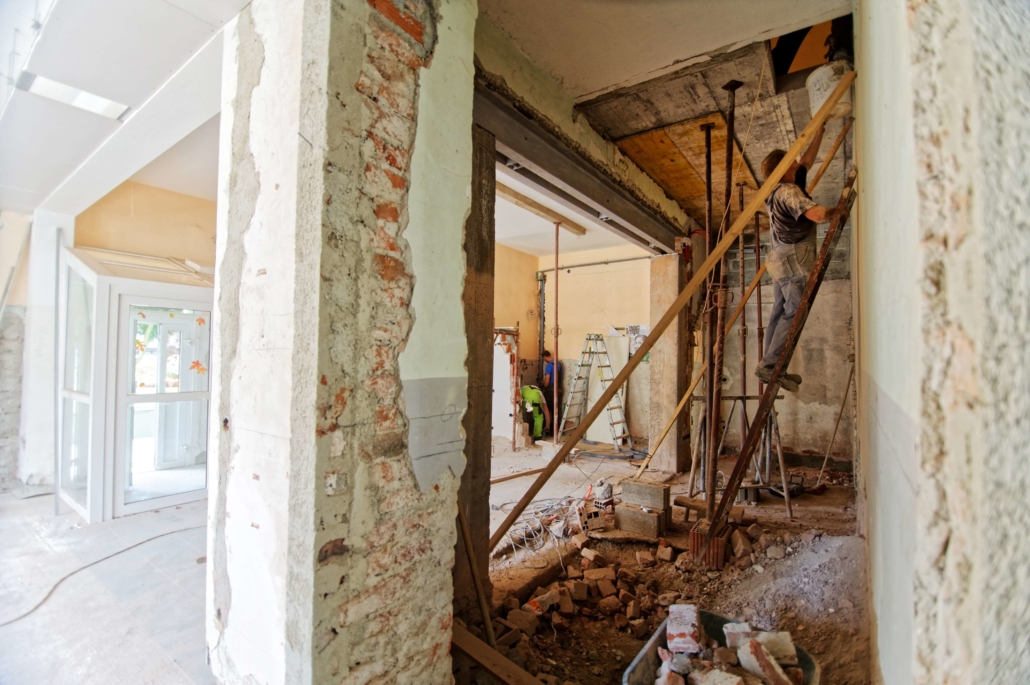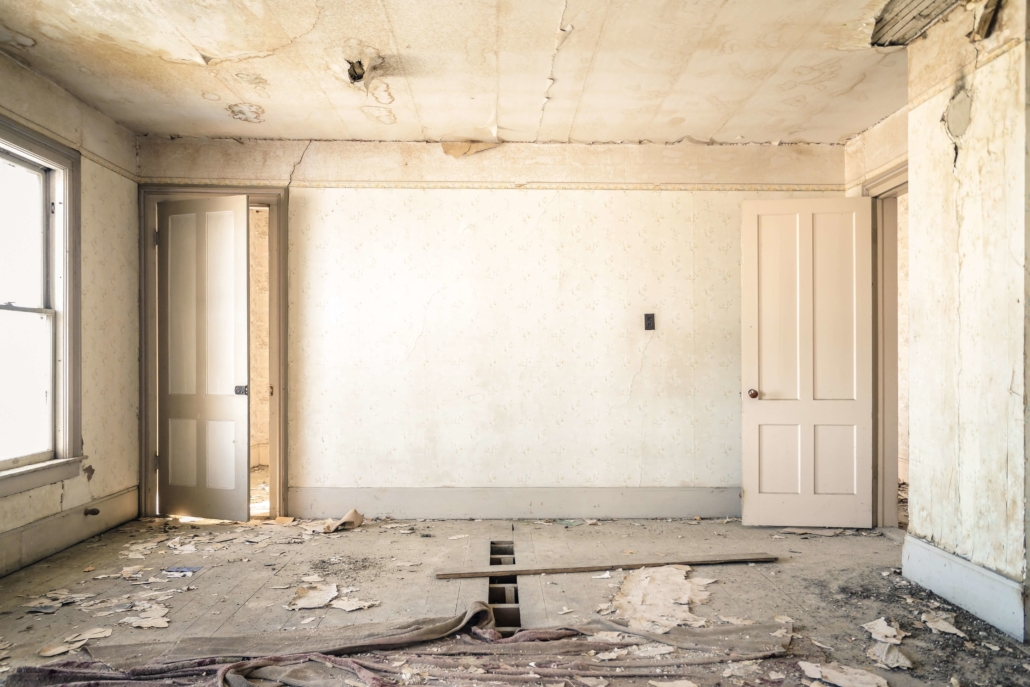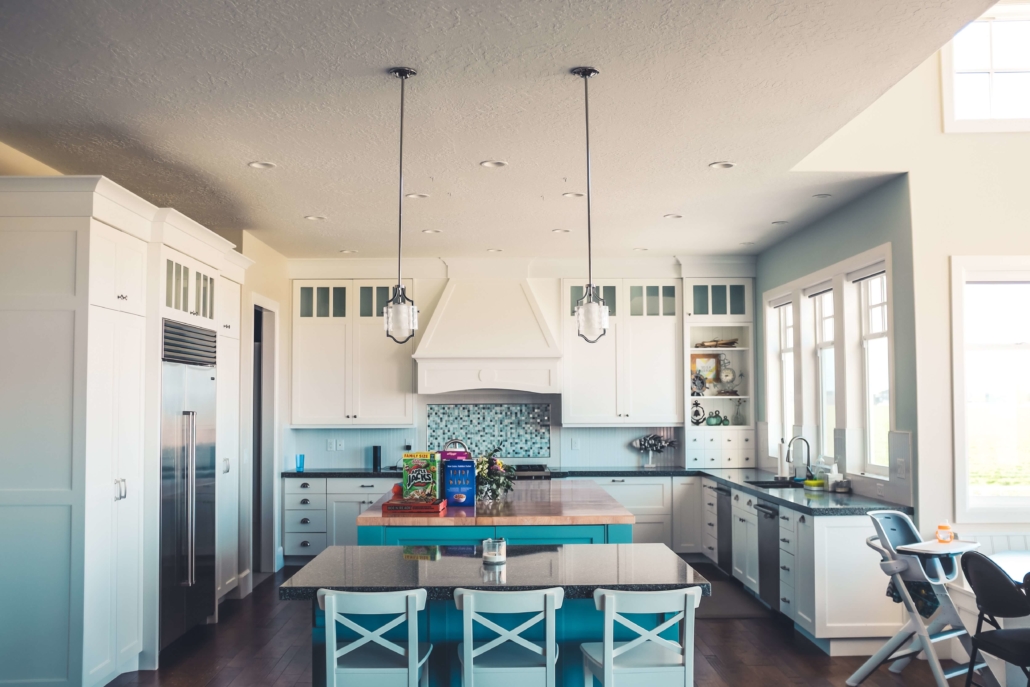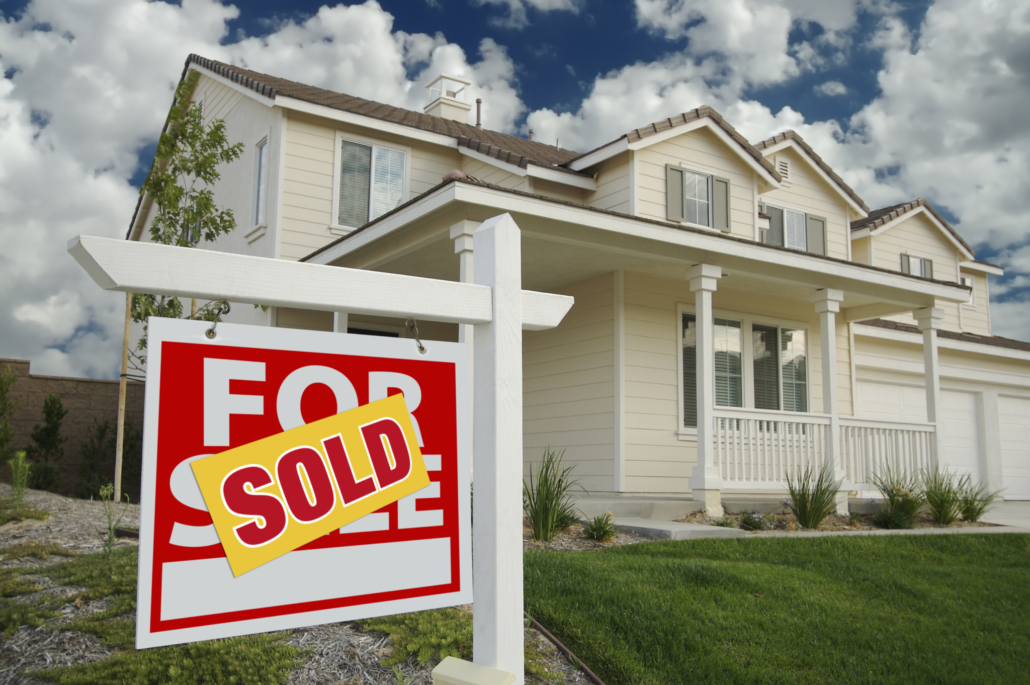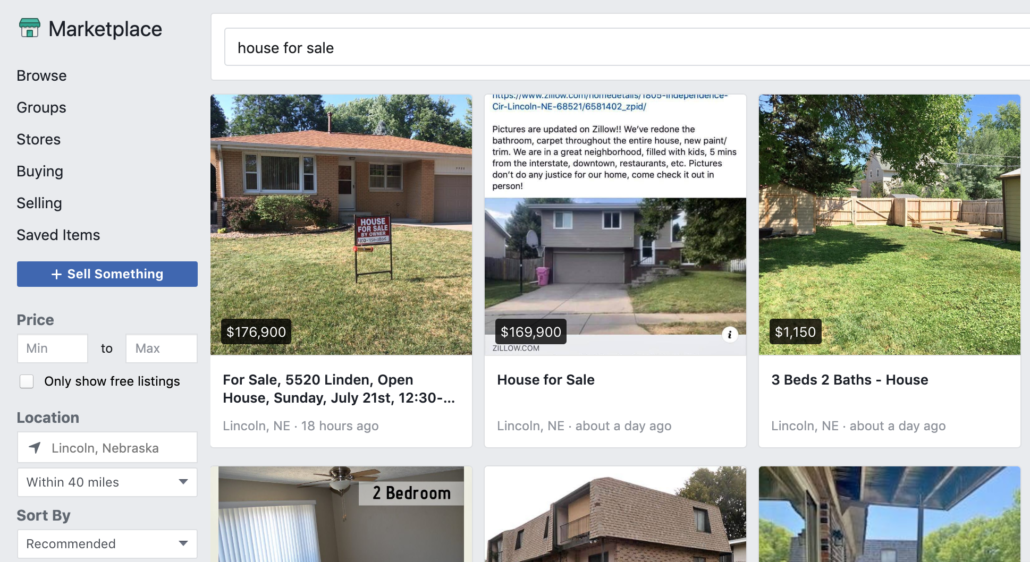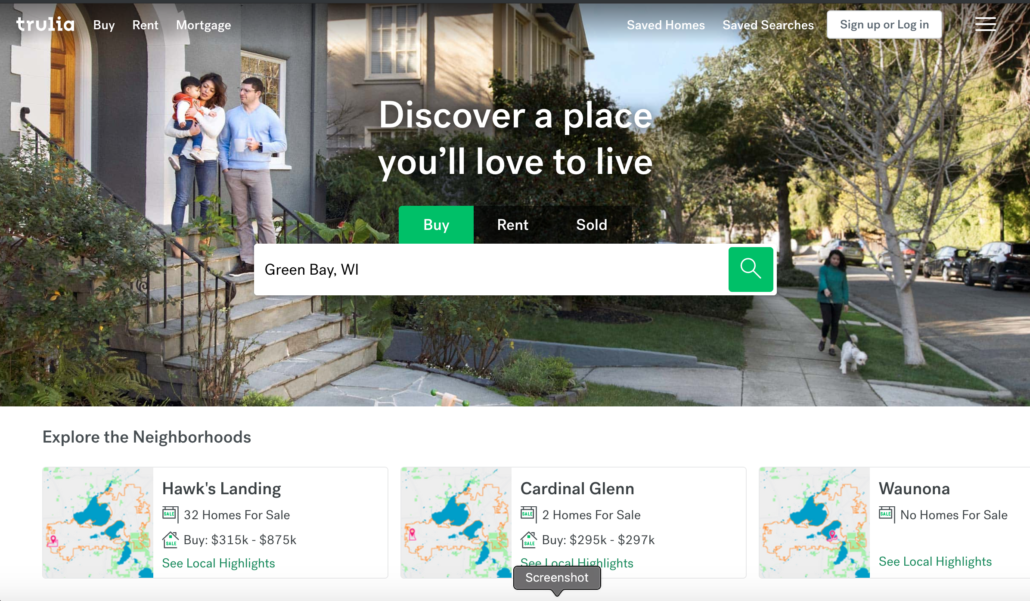Do I Need a Water Softener?
Water softeners are not a necessity, but they are super useful to have. Whether you’re trying to update your current home or are looking to buy, find out why you should invest in a water softener—once you have one, you’ll never go back.
RealQuick: How to tell if you have hard water
If you have a water softener, it should be located somewhere near your home’s plumbing. A basement, utility room, or even a garage would be good spots to check.
Still not sure you have a softener and don’t want to pay for a specialist just yet? Check for these signs:
- Excessive lime/chalk buildup on areas that come into contact with water (like the shower)
- Colored clothing fades faster than it should
- Low water pressure
- Clean dishes have residue on them once they dry
- Feeling dry or itchy after showering
These are all indicators that you probably don’t have a water softener, or that you have one, but it’s not working properly.
Reasons to Get a Water Softener

You’ll save money
A water softener removes the mineral ions that are normally found in water. These ions lead to buildup, and this can cause lots of problems in your home. A water softener can help prevent the need for frequent plumbing and appliance repairs, and it also saves you money on energy bills—your systems will have to work harder to turn water hot or cold.
Your appliances will last longer…
Your dishwasher, washer and dryer, and even your coffeemaker all are negatively impacted by hard water. That mineral residue wears down your appliances a lot faster than if water is run through a softener.

…and so will your clothes
Those same hard water minerals leave their mark (and get left behind) on your clothes. Bright colors will fade faster, and certain minerals can even stain white clothing. Soft water also dissolves detergent better than hard water, so your clothes will likely feel softer and cleaner.
You’ll have an easier time cleaning
The mineral buildup from hard water takes more time to clean and it comes back fast. Plus, you’ll likely be cleaning and rinsing your shower and sinks with even more hard water. A water softener will prevent you from having to deal with this residue.
Your skin and hair will feel better

Knowing that hard water irritates appliances, would you really want to use this water on your hair and skin? The minerals in hard water can leave your skin and hair feeling dry and itchy. It’s also harder to work up a lather with soap, which often leads to buildup of shampoo and conditioner. All around, you will actually feel a difference with softened water.
If you’re hoping a showerhead water softener will do the trick, save yourself some dough—these don’t work because water passes through too quickly to remove hard minerals.
And for our last benefit, a water softener could help add value to your home when you’re looking to sell! Whether buying or selling, you’re on your way to becoming a knowledgeable homeowner. RealtyHive is here to make the “home” part come to life. Work with us to find your home or to sell in a time-limited event.


